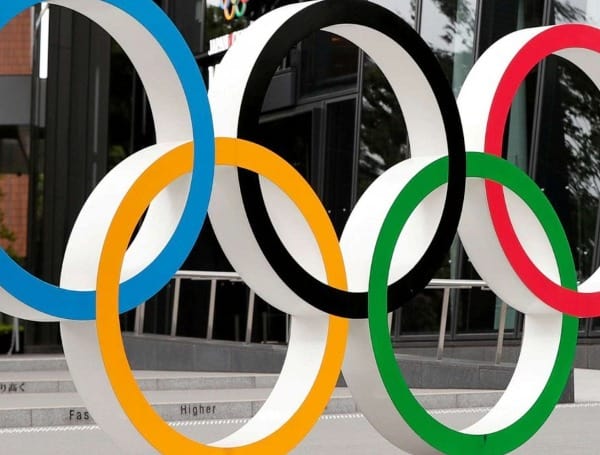Kendall Tietz

Olympic Committee officials are moving forward with plans for the Tokyo games despite concerns from Japan’s government and citizens, the Wall Street Journal reported Tuesday.
The International Olympic Committee (IOC) told the Wall Street Journal that “it has become clearer than ever that these Games will be safe for everyone participating and the Japanese people.” But many Japanese citizens, leaders and medical personnel question the safety of the games amid a slow vaccine rollout for the country. IOC official Dick Pound said the games would happen even if Japan’s Prime Minister called for their cancellation.
In a tweet, former Prime Minister Yukio Hatoyama responded to Pound’s statement, calling his comments “simply crazy” and that he “should quit mocking the 80% of Japanese that don’t want the Olympics to go ahead.”
The IOC walked back Pound’s statement that the games will happen without the consent of all parties.
The Wall Street Journal reported that a survey published on Monday showed split results on whether the Olympics should go ahead or not, a sign that public opinion might be easing on the subject.
IOC Vice President John Coates said the Tokyo Olympics would “absolutely” still be on, even if Japan was in a state of emergency. His comments stirred controversy and criticism of the IOC. Olympics Minister Tamayo Marukawa responded that it was “natural that many Japanese would object to that.”
The fight between IOC officials and the Japanese government challenges the idea of who has the final say on whether the games go forward.
Japan isn’t a party to the host-city agreement responsible for the games and the government could enforce legislative or immigration restrictions to stop the event, the Wall Street Journal reported. The agreement doesn’t bind the Japanese federal government, so they wouldn’t be breaking a contract if they didn’t issue visas to athletes or enacted legislation preventing competitions from happening amid COVID-19 concerns, Johan Lindholm, a law professor at Sweden’s Umeå University told the Wall Street Journal.
Japan has already lost many of the benefits of holding the Olympic games due to pandemic restrictions, Domenic Romano, a New York lawyer said to the Wall Street Journal.
Overseas spectators are not allowed to attend and there has been no decision on whether locals will be permitted, causing a sharp decline in tourism and revenue.
Romano said the legal term at play is called “frustration of purpose,” since the Japanese can’t benefit from the usual favorable aspects of holding an Olympic Games.
“The purpose of the contract has been frustrated, therefore we move for a postponement, is probably the best move they have,” said Romano.
Content created by The Daily Caller News Foundation is available without charge to any eligible news publisher that can provide a large audience. For licensing opportunities of our original content, please contact licensing@dailycallernewsfoundation.org.
Android Users, Click Here To Download The Free Press App And Never Miss A Story. It’s Free And Coming To Apple Users Soon.
Support journalism by clicking here to our gofundme or sign up for our free newsletter by clicking here
